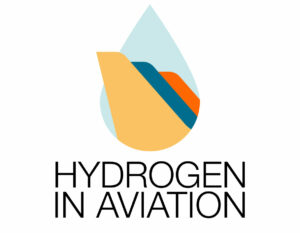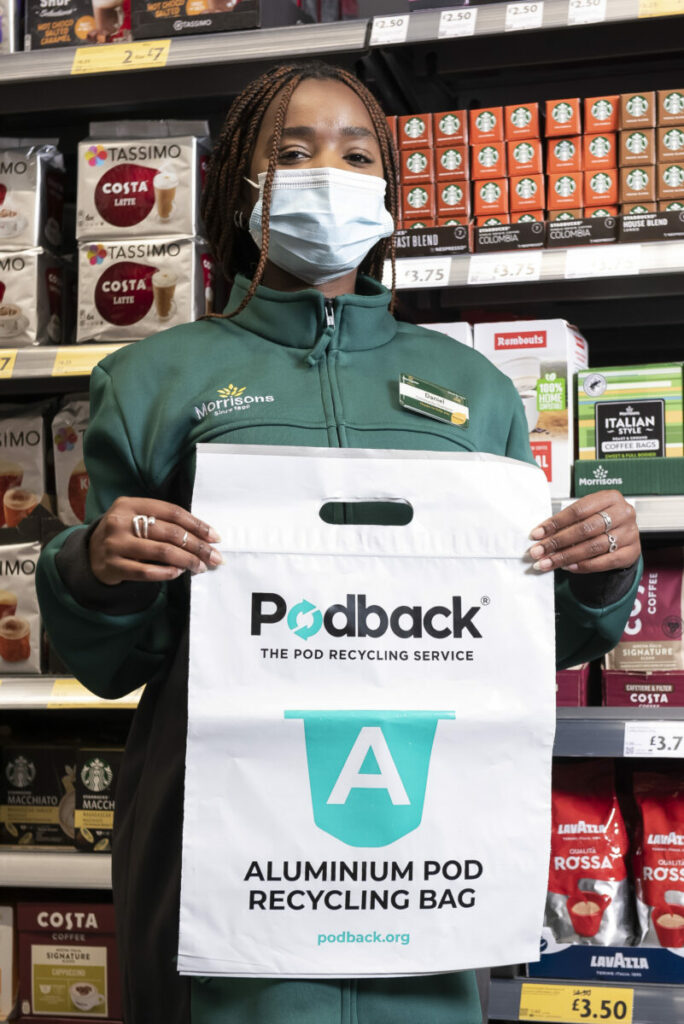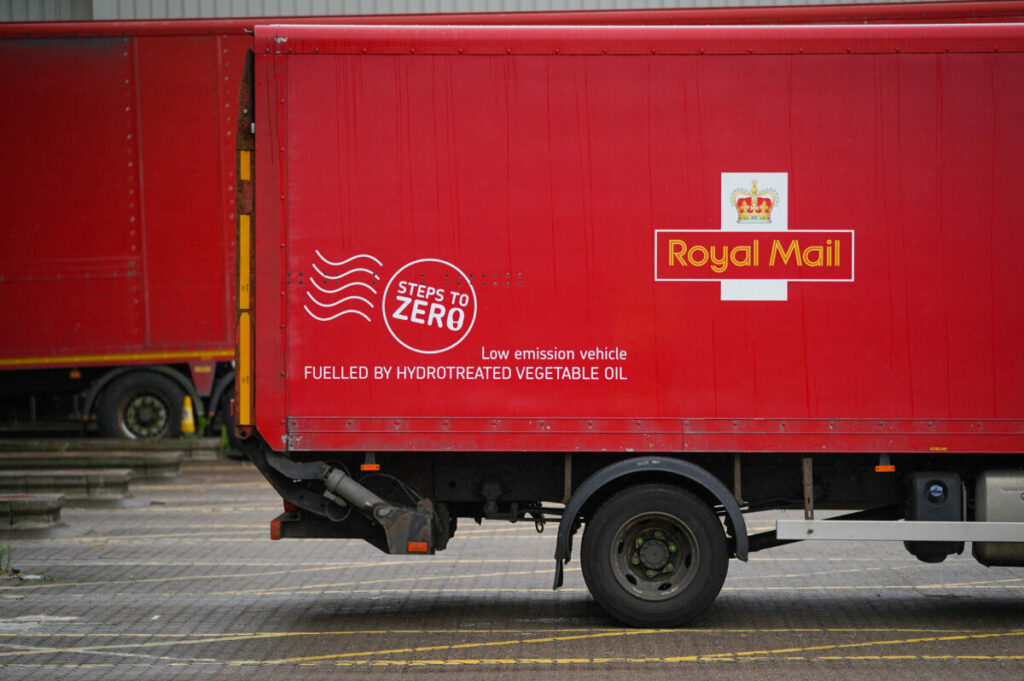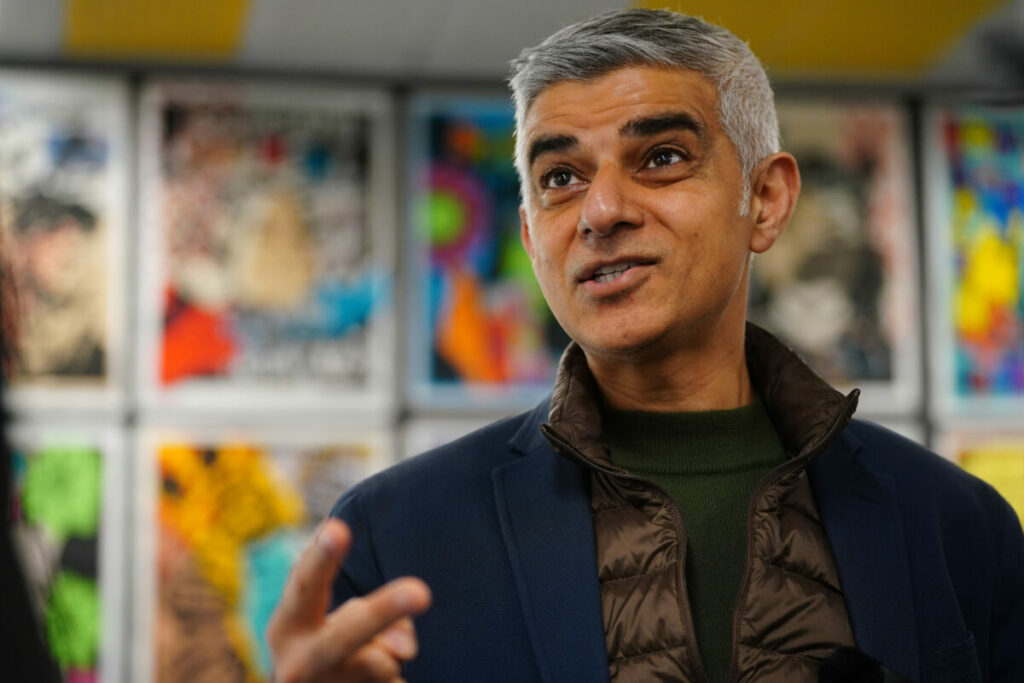Industry leaders — including easyJet and Airbus — have formed an alliance to accelerate the delivery of a zero carbon aviation sector, which could boost the UK economy by as much £34bn.

While there are various options for decarbonising the aviation sector, Hydrogen in Aviation — which also includes Rolls-Royce, Ørsted, GKN Aero space and Bristol Airport — believes more attention should be paid to the potential of using hydrogen due to its sustainable and economic advantages.
EasyJet CEO and chair of the alliance, Johan Lundgren, said hydrogen could bring a “£34 billion per annum boost to the country’s economy by 2050.”
“In order to capture this opportunity, rapid change is needed and the time to act is now,” he added.
The group will be drawing on its expertise to propose a clear and deliverable pathway to achieving hydrogen-powered flight, working closely with government and local authorities as well as the aviation and hydrogen sectors.
Subscribe to Sustainability Beat for free
Sign up here to get the latest sustainability news sent straight to your inbox everyday
This will include setting out the pathway for scaling up the infrastructure and the policy, regulatory and safety frameworks needed so that large scale commercial aviation can become a reality.
The alliance will set out that government needs to be focused on three key areas – supporting the delivery of the infrastructure needed for the UK to be a global leader in the sector, ensuring the aviation regulatory regime is hydrogen ready, and transforming the funding for R&D support into a 10-year programme.
Rolls-Royce chief technology officer Grazia Vittadini said the company has already tested a modern aero engine on green hydrogen and “strongly believes it is one of the solutions that will help decarbonise aviation in the mid to long-term.”
Airbus chief technology officer Sabine Klauke said a “united industry voice” is needed to secure a robust ecosystem of renewably-sourced hydrogen.
“Joining our peers from across the UK aviation landscape in a targeted approach to policy and investment action brings us closer to a decarbonised future of flying,” she continued.















